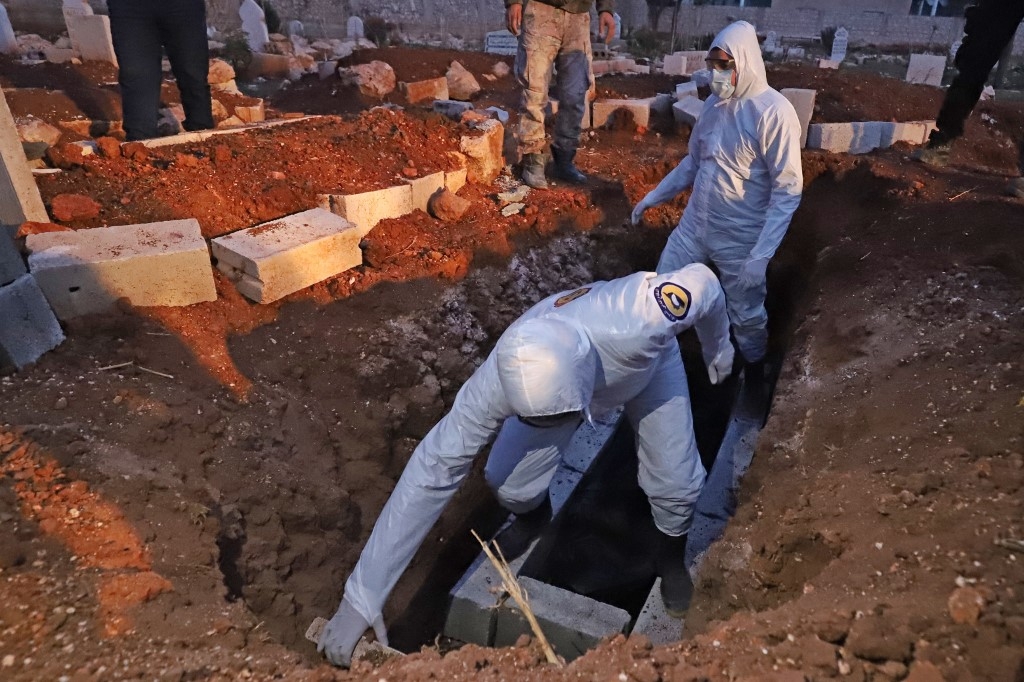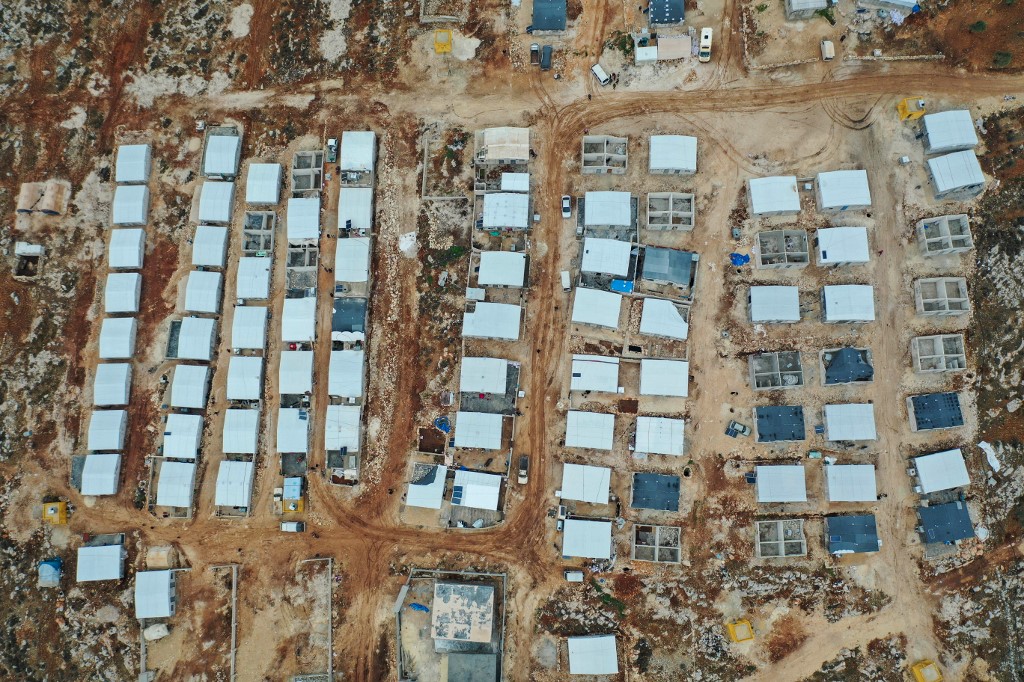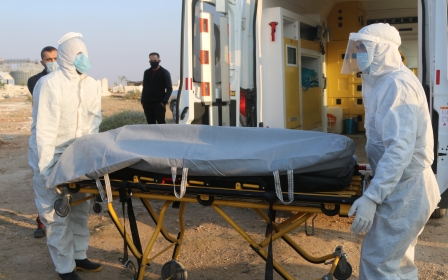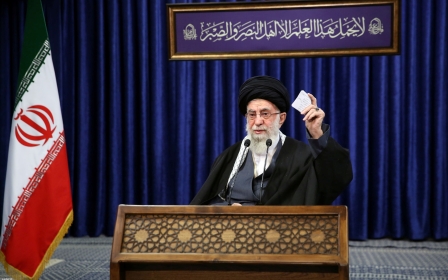Covid-19: Virus 'spiralling out of control' in Syria's Idlib, warns charity

Covid-19 is "spiralling out of control" in Syria as hospitals in the country's northwest run out of oxygen and beds for critically ill patients, a charity has warned.
Since the pandemic began, Syria has recorded at least 40,000 coronavirus cases, with more than half of reported cases in the country's northwest, the last major stronghold for armed opposition to the government.
The pandemic has been compounded further in Idlib, with limited hospitals and medical facilities either damaged or destroyed by Syrian government bombardment.
Amjad Yamin, from Save the Children's Syria Response team, said he believed the overcrowded camps and lack of access to water had allowed the virus to spread faster in northwest Syria in comparison to other parts of the country.
"The reason why the numbers are increasing is because there is no way of containing it in northwest Syria," Yamin told Middle East Eye.
"And when you live under 10 years of conflict, people are more worried about the ongoing fighting than the virus and say that they need to escape the fighting."
Northwest Syria is home to at least four million people who have fled government bombardment in other parts of the country.
The level of displacement and bombardment has meant many live in makeshift shelters with little access to water or medical facilities.
Idlib recorded its first case of the coronavirus in July 2020 from a doctor at a hospital near the Turkish border.
Nadine, an English teacher in Idlib, said the coronavirus had made many Syrians feel helpless and warned it was "wreaking havoc" on society.
"My experience with the virus is a difficult one… some of my relatives have lived through the pain," Nadine told Save the Children.
"It is unbearable [to watch] the hours go by while your mother is struggling to breathe and you know you can't do anything. That feeling of helplessness is the toughest when your family is going through this."
Middle East Eye propose une couverture et une analyse indépendantes et incomparables du Moyen-Orient, de l’Afrique du Nord et d’autres régions du monde. Pour en savoir plus sur la reprise de ce contenu et les frais qui s’appliquent, veuillez remplir ce formulaire [en anglais]. Pour en savoir plus sur MEE, cliquez ici [en anglais].





